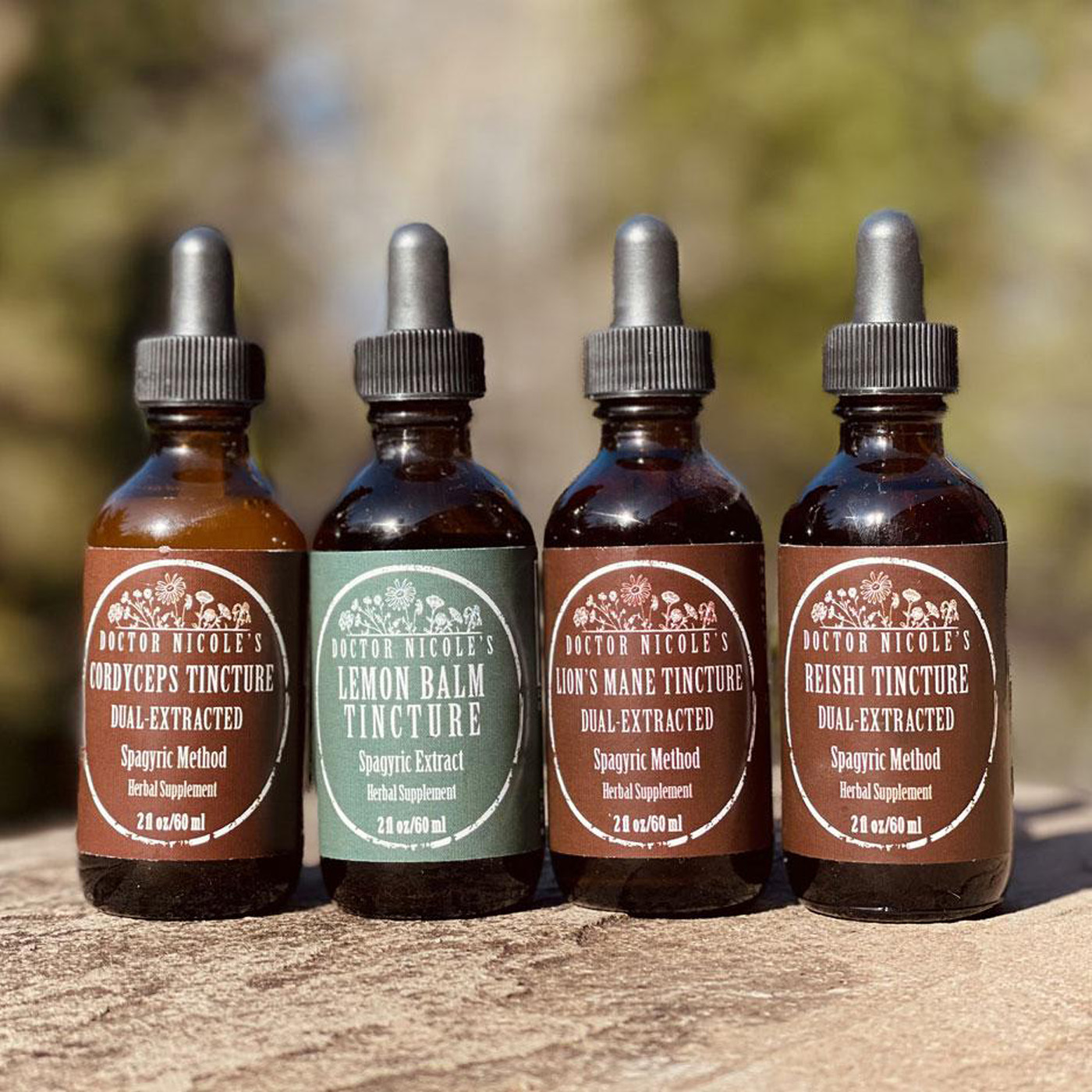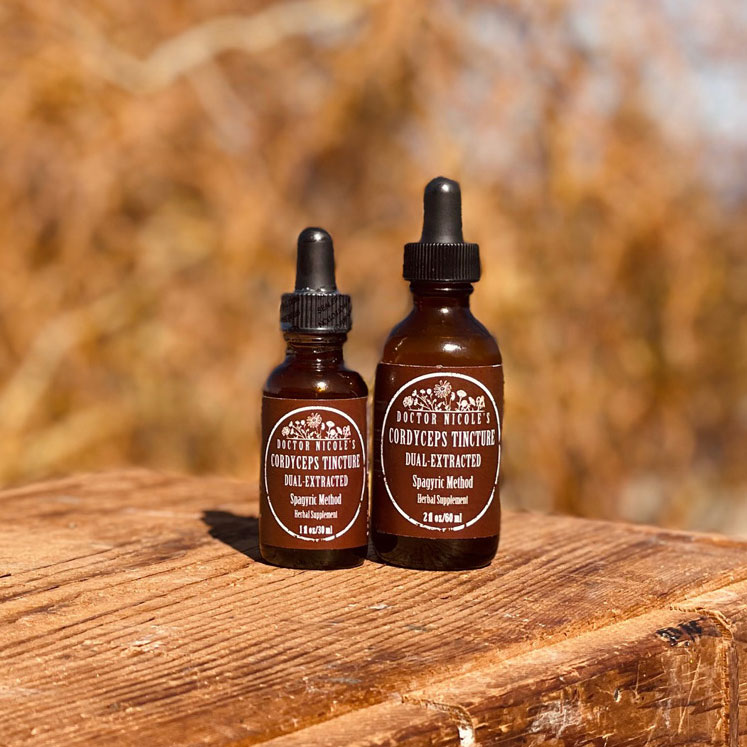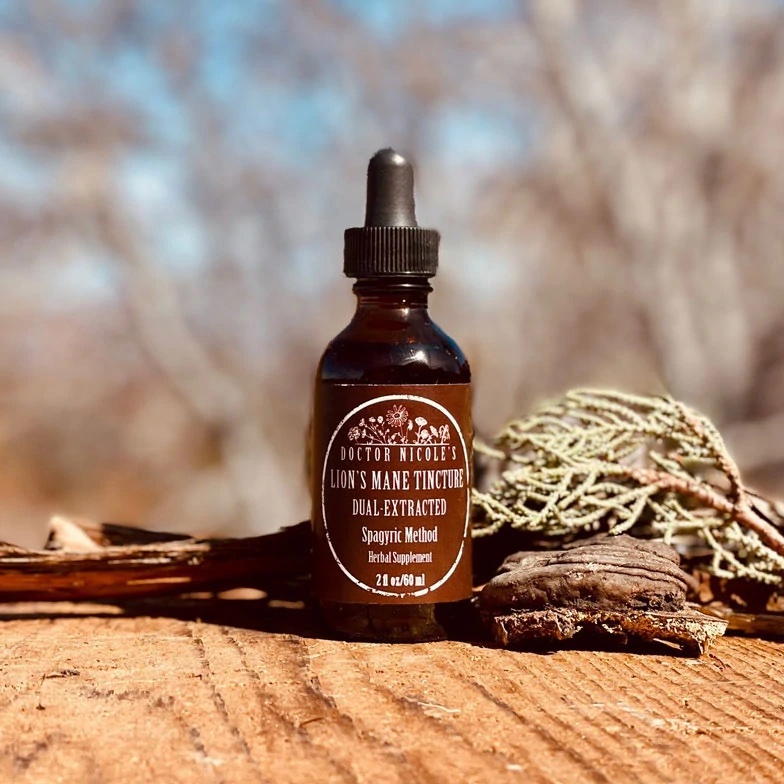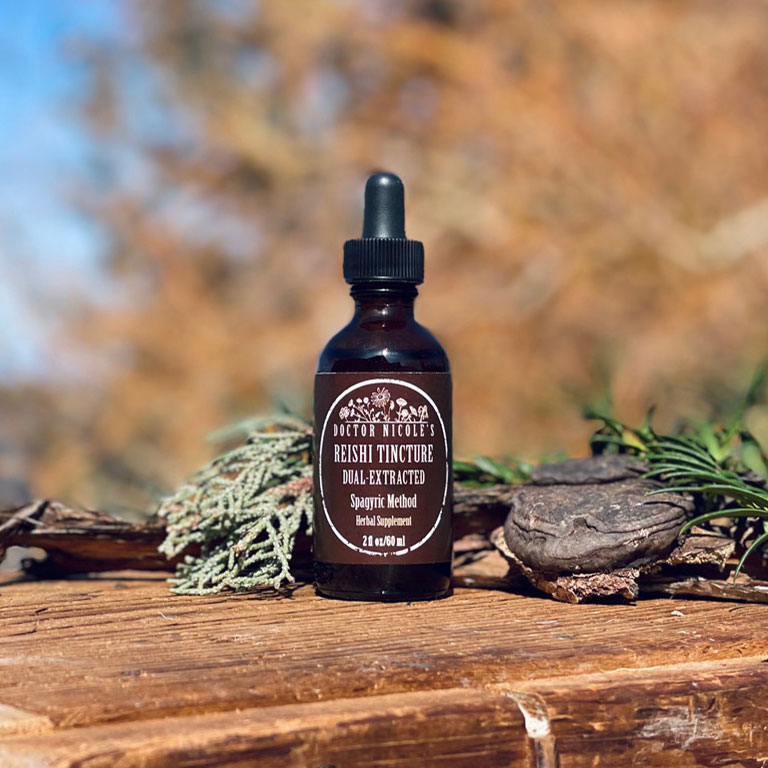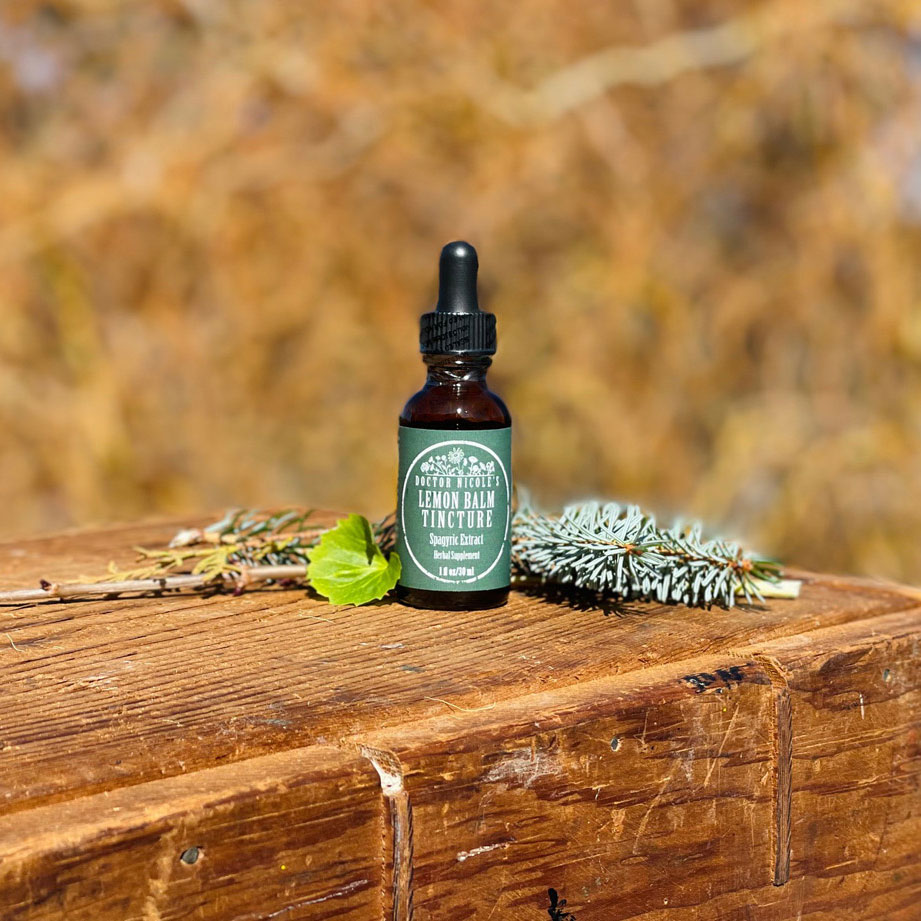Dwindling Focus and Digital Devices
If you find yourself questioning the negative effects of device use and the speed of modern life, you are not alone. Many over the past few years have struggled with increasing levels of brain fog and feel as though their focus and attention has taken a significant blow. And while this issue has been highlighted during the stress of the pandemic, it has been long in coming.
Gloria Mark, a cognitive psychologist who has researched the interplay between technology and our daily lives for decades, strongly believes that “our personal use of technologies affects our ability to pay attention.” But she adds that it is not simply a matter of technology being bad, anti-technology is better. The issue is much more nuanced.
She observes that technology has evolved at such a rapid rate that we haven’t had time to figure out how to interact with it in a healthy way. She also notes that the inherent design of the internet mirrors how our brain works, namely that we think in terms of associations. Add into the mix chronic stress and fatigue, and we have the perfect storm of low regulation and high temptation. One of her more startling findings is that we have become so conditioned to be interrupted, we have begun to do it to ourselves.
“Mark found that email trumped social media as a source of interruptions, with study participants checking their inboxes an average of 77 times daily (one checked 374 times). But most concerning was that 41% were doing so of their own accord, without external triggers. It’s proof that even if we turn off notifications, we can’t escape those internal triggers,” writes Guardian journalist Elle Hunt in “Is modern life ruining our powers of concentration?”.1
Essentially, we have wired ourselves to have a 47-second attention span and begin to feel a tension after this point to shift attention elsewhere — whether to a new website or piece of information, email inbox, text message. You get the idea. While it is true that, according to her research, our attention span has declined since the 1990s from 74 seconds to 47 seconds in 2021, this doesn’t mean we need to toss our devices in the quest to improve our cognitive function. Mark believes we need a different approach to the way we use and view technology — and part of this involves examining how we view focus, productivity, and attention.
The Truth About “Flow”
On the opposite end of the spectrum from brain fog and lack of attention, we have flow. This is the altered state where we become so focused on a task that we lose track of time. Flow involves an aspect of challenge that is pleasurable and brings us joy, but it is also low-stress. Typically it is something you love to do: creating artwork, gardening, a hobby, cooking, playing a musical instrument. For most of us, where our work depends on analytical thinking and is knowledge and information based, getting into the flow is nearly impossible because the task requires a different type of mental engagement. Additionally, Mark points out it is a myth that we need to be continually focused in a state of flow as it would be too stressful for us.

Shifting Our Digital Habits
Here’s the good news. When we find ourselves mindlessly scrolling through social media or surfing YouTube for something engaging, it actually has a beneficial purpose. Beyond being enjoyable, it also fills our cognitive tank and helps us to be more productive later on. But we can take these micro-breaks a step further to reap additional benefits by closing the computer, stretching for a few moments or making a cup of tea. Better yet, go outside and soak-up a bit of sunshine or enjoy a quick walk in a natural space. These practices will physically and mentally refresh you much more than being glued to a screen or device. If you find your productivity and attention levels could use some work, have a look at the post “My Favorite Productivity Hacks to Boost Clarity, Relieve Stress, and Promote Calm” for more helpful tips.
We can also pay attention to our natural circadian rhythms as each one of us has an individual chronotype that influences when we are most productive and focused — morning, afternoon, or evening. We can then protect this block of time by not engaging in email, social media, surfing the internet and instead reserve it for our most creative and focused work. Less demanding work can then be addressed during our downtime. By embracing this rhythm in our daily schedules we can improve our attention, while still allowing for moments of “free-form” activity without feeling guilty or thinking we are wasting time.
Having said that, sometimes we do need sustained periods of time away from our devices and rapid fire information overload. I know I do, which is why I make sure to add regular “device detox” sessions into my schedule. Otherwise known as “unplugging”, this could be anything from turning off your devices for a few hours to several days away from all modern conveniences, such as camping in the wild. Whenever possible, I unplug over the weekend so I can spend uninterrupted time with my family and enjoy a slower pace. This is also an excellent time to be out in nature to recharge — no pun intended!

Herbal Solutions for Cognitive Health
Regardless of our device and technology habits, there is no doubt that modern life moves at a lightning quick pace. Many have found with the exceptional stressors over the past few years they tend to struggle more with brain fog. If this is the case for you, several herbal remedies can help to clarify your thinking, boost cognitive function, and sharpen focus. Here are my top recommendations:
Cordyceps Mushroom
- Improves memory, learning, and reduces oxidative damage to cells.
- Neuroprotective
- Combats fatigue
- Improves brain function
- Fights chronic inflammation
- Antimicrobial
- Research has found that cordyceps improves brain function in animal models.
- Cordyceps helps control blood sugar levels by mimicking the activity of insulin.
Lion’s Mane Mushroom
- Anti-inflammatory
- Boosts cognitive function
- Shown to help reduce symptoms of Alzheimer’s, Dementia, and Parkinson’s.
- Helps to repair damaged nerve cells in the spinal cord and brain by encouraging Nerve Growth Factor (NGF).
- Studies have shown that lion’s mane has a unique ability to stimulate the growth of brain cells.
- Lessens insomnia, anxiety, and depression.
Reishi Mushroom
- Fosters quality sleep, alleviates adrenal fatigue, and encourages healthy immune function.
- Strengthens the body against the negative effects of stress, including: hormonal imbalances, high cortisol, fatigue, brain fog, and low energy.
- Alcohol-extracted reishi helps with blood sugar management.
Lemon Balm
- Dementia
- Parkinson’s and Alzheimer’s disease
- Anxiolytic (soothes anxiety) and helps calm the body and mind
- Improves sleep quality
- Reduces inflammation
- Antioxidant properties protect nerves
- Encourages GABA production, a calming neurotransmitter that helps to soothe anxiety and stress.
- Calms ADHD symptoms
- Balances blood sugar levels
Our Brain Bundle contains each of these powerful tinctures for enhanced brain health, focus, and clarity. Interested in learning more? Visit the apothecary today!
Nicole Apelian
Nicole’s Apothecary Products in this Post
References
- “Is modern life ruining our powers of concentration?” Elle Hunt, The Guardian, January 1, 2023. Retrieved on March 24, 2023 from, https://www.theguardian.com/technology/2023/jan/01/is-modern-life-ruining-our-powers-of-concentration


